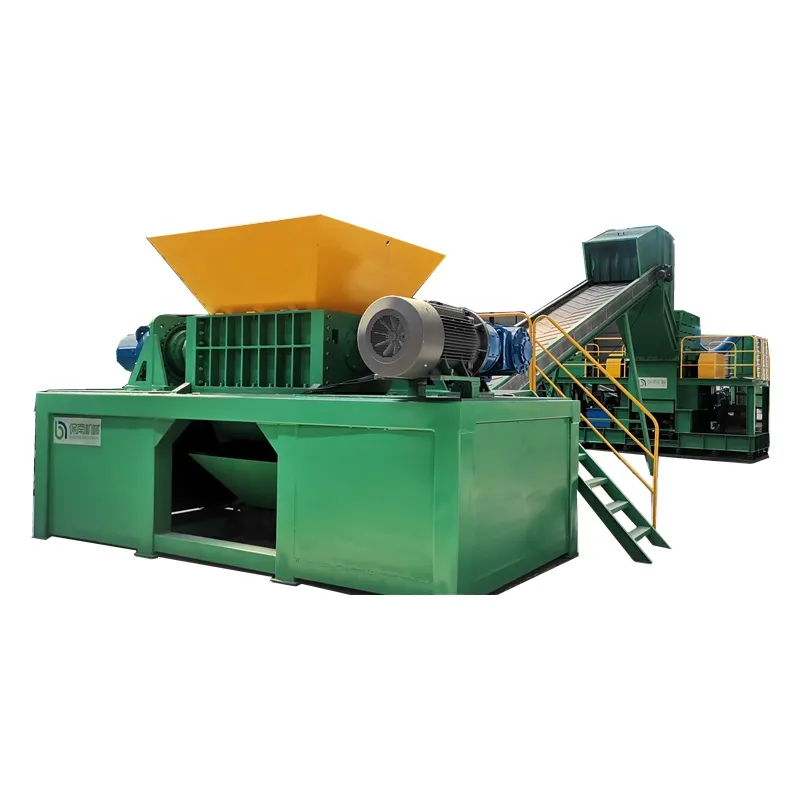PCB boards, also known as printed circuit boards, are an essential component of electronic devices. However, once they reach the end of their life cycle, it is crucial to properly recycle them to prevent environmental harm and make the most of their valuable materials.
There are several steps to recycle PCB boards effectively. The first step is to collect and sort the boards based on their type and material composition. PCB boards can contain precious metals such as gold, silver, and copper, as well as hazardous materials like lead and mercury. Therefore, it is essential to handle them with care and separate them based on their components.
After sorting the PCB boards, the next step is to dismantle them to extract the valuable components. This process involves removing the electronic components, connectors, and any other parts attached to the board. The removed components can be reused or recycled separately, while the bare PCB board is ready for further processing.
The next step in recycling PCB boards is to shred or grind them into smaller pieces.
This step helps to break down the boards into manageable pieces and expose the metal components for extraction how to recycle pcb boards
how to recycle pcb boards. The shredded PCB boards are then processed through various techniques such as gravity separation, magnetic separation, and electrostatic separation to separate the metals from the non-metallic components.
Once the metals are separated, they can be smelted and refined to recover pure metals like gold, silver, and copper. These recovered metals can be used to make new electronic devices or sold to manufacturers for further processing. The non-metallic components, such as plastics and fiberglass, can also be recycled or disposed of properly to minimize environmental impact.
It is essential to recycle PCB boards responsibly to protect the environment and conserve valuable resources. Improper disposal of PCB boards can lead to pollution of air, water, and soil, as well as health risks for humans and wildlife. By recycling PCB boards, we can reduce the need for mining and extraction of raw materials, conserve energy, and reduce greenhouse gas emissions.
In conclusion, recycling PCB boards is a crucial step in managing electronic waste and promoting sustainability. By following the proper procedures for collecting, sorting, dismantling, and processing PCB boards, we can recover valuable materials, reduce environmental impact, and create a more sustainable future for generations to come. Let's all do our part in recycling PCB boards and protecting the planet.


